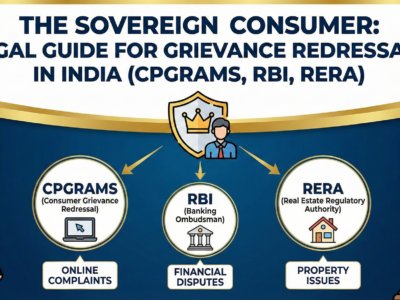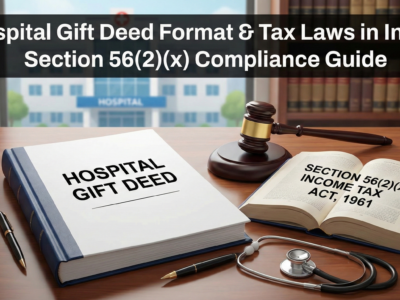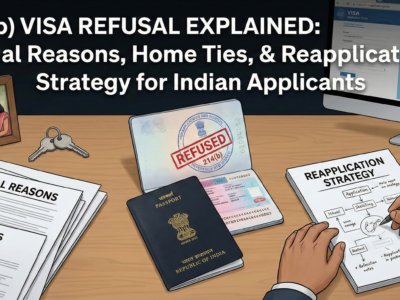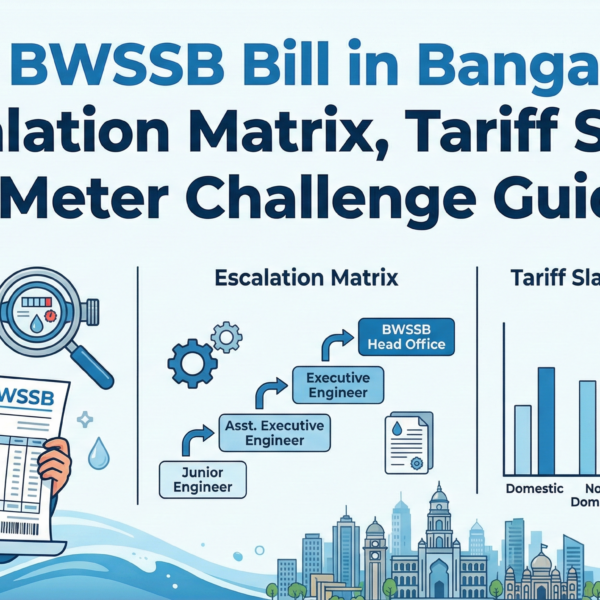Named in a Suicide Note in India? A 2025 Guide to Sec 306 IPC
Being named in a suicide note is a terrifying experience, immediately placing you under the scanner for one of the most serious charges in Indian law: abetment of suicide under Section 306 of the Indian Penal Code (IPC). This single allegation can threaten your liberty, reputation, and future. However, a name in a note is not conclusive proof of guilt, and the legal standard for conviction is exceptionally high. This comprehensive guide, provides a clear, step-by-step legal roadmap. We will deconstruct the law, explain your immediate rights, outline powerful defense strategies backed by landmark Supreme Court judgments, and show you how to navigate the complex criminal justice system in India.
Criminal Law Explainer
Named in a Suicide Note in India?
Your Comprehensive Legal Guide to Navigating an Accusation Under Section 306 IPC.
Part I: Understanding Your Immediate Legal Position
The moment you're implicated, you're facing a serious, non-bailable offense. Understanding the charge, its consequences, and the high legal standard the prosecution must meet is the foundational step in navigating this crisis.
Section 1: The Gravity of Section 306 IPC
Section 306 of the IPC deals with "Abetment of Suicide." A conviction can lead to imprisonment for up to ten years and a fine. The offense's classification under the law creates immediate and severe challenges.
Section 306 IPC: At a Glance
This interactive chart illustrates the procedural classification of the offense.
Section 2: The High Bar for Culpability: What is 'Abetment'?
A conviction isn't easy for the prosecution. The Indian judiciary has built significant safeguards to prevent misuse of this section. The entire case hinges on the concept of "abetment," as defined in Section 107 of the IPC.
The Three Pillars of Abetment (Section 107 IPC)
The Crucial Element of *Mens Rea*: Proving the "Guilty Mind"
The cornerstone of any defense is the concept of *mens rea*. The prosecution must prove, beyond a reasonable doubt, that the accused possessed the specific intention to drive the deceased to commit suicide. Mere harassment or heated arguments are not enough.
The "Proximate Trigger" Doctrine
Courts require a direct and "live link" between the accused's actions and the suicide. A distant or indirect connection is not sufficient for a conviction.
Part II: Immediate Action Plan: Critical Do's and Don'ts
Your actions in the initial hours and days are critical. A calm, strategic approach can significantly influence the trajectory of your case. Here is a clear guide on what to do and, more importantly, what to avoid.
What You MUST Do
- 1. Engage a Lawyer Immediately: This is non-negotiable. Do not speak to anyone, especially the police, without legal representation.
- 2. Preserve All Communication: Secure all text messages, emails, call logs, and social media interactions with the deceased. Do not delete anything.
- 3. Apply for Anticipatory Bail: Your lawyer's first priority should be to file for pre-arrest bail under Sec 438 CrPC to protect your liberty.
- 4. Maintain Composure: Public outbursts or emotional reactions can be misconstrued. Maintain a calm and dignified demeanor.
What You MUST NOT Do
- 1. Do Not Evade the Police: Absconding is seen as an admission of guilt and will severely hurt your chances of getting bail.
- 2. Do Not Tamper with Evidence: Deleting messages or attempting to influence witnesses is a separate criminal offense.
- 3. Do Not Contact the Deceased's Family: While you may want to offer condolences, this can be perceived as an attempt to intimidate or influence them.
- 4. Do Not Discuss the Case Publicly: Avoid posting on social media or speaking to the press. All communication should be through your lawyer.
Part III: The Suicide Note as Evidence
The suicide note is the most intimidating piece of evidence, but its power in a criminal trial is far more nuanced than it appears. While admissible in court as a "dying declaration," it is not considered conclusive proof of guilt.
Judicial Scrutiny: Why a Note is Not Conclusive Proof
Corroboration is Essential
A note is circumstantial evidence. Prosecution must provide independent proof (witnesses, call records) to support its claims.
Mere Mention is Insufficient
Simply being named does not establish guilt. The note's content must prove the legal elements of abetment.
Context and Mental State
Courts recognize notes are written under duress and may be exaggerated. The deceased's mental health is a key factor.
Lack of Specificity
Vague allegations of "harassment" carry little weight. A note must detail specific acts of instigation to be compelling.
Part VIII: Decision-Making & Legal Pathways Flowchart
Navigating the legal system after being implicated can be confusing. This flowchart provides a clear, high-level overview of the process, key decision points, and potential outcomes from the moment an accusation is made.
A Strategic and Resolute Path Forward
While an accusation under Section 306 IPC is grave, the standard for conviction is exceptionally high. The judiciary demands proof of specific, intentional, and direct instigation. A well-planned, resolute, and legally sound defense, guided by an expert criminal lawyer, offers a clear and viable path toward vindication.









